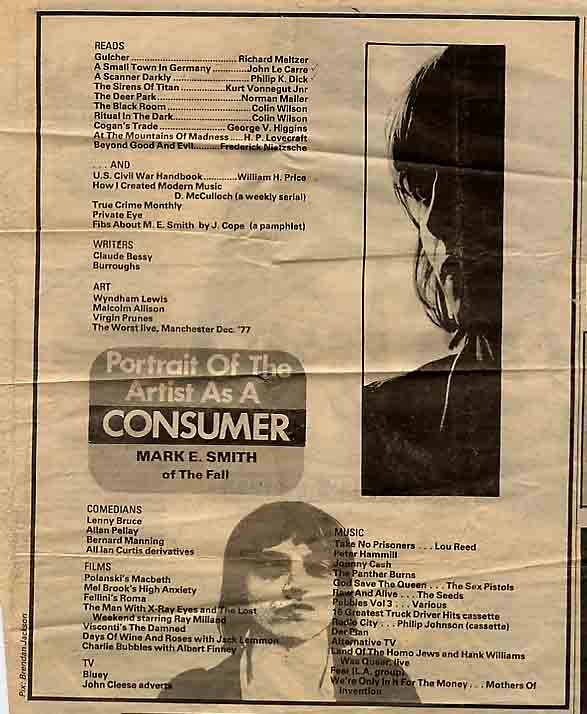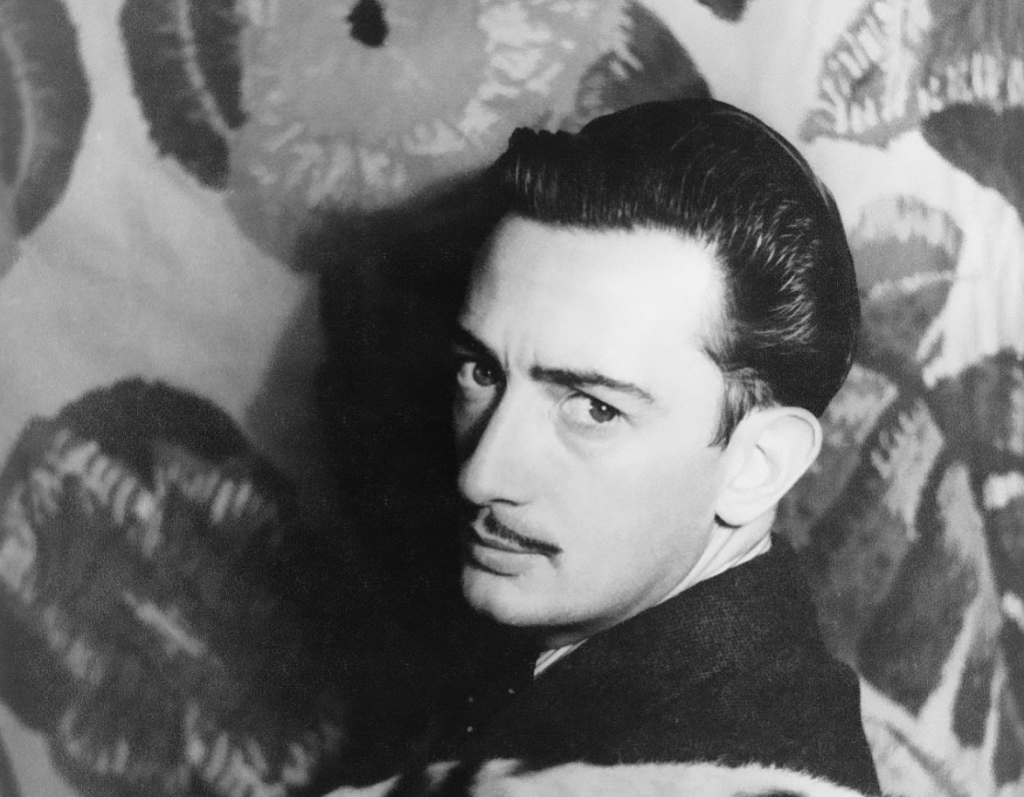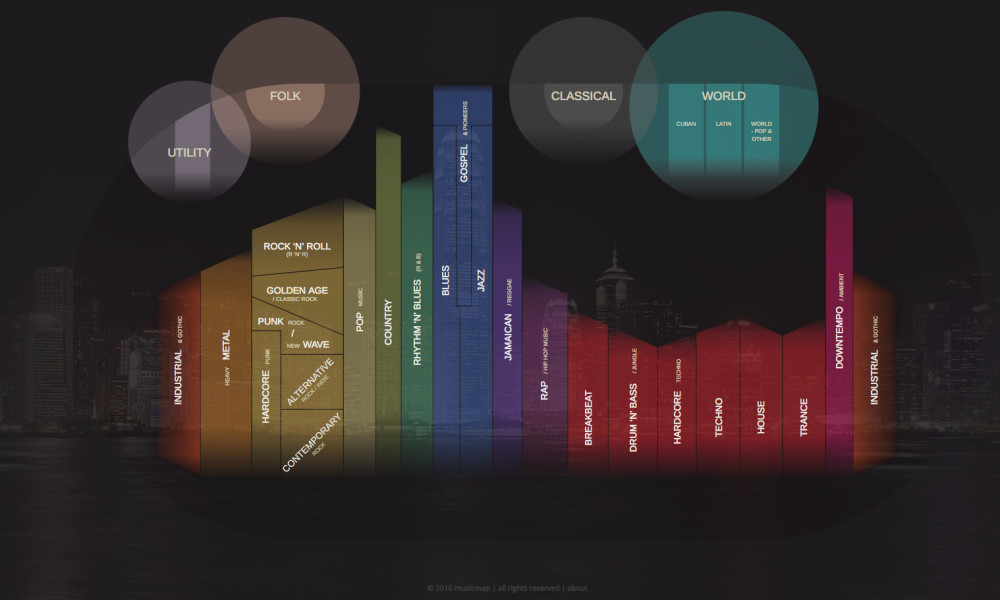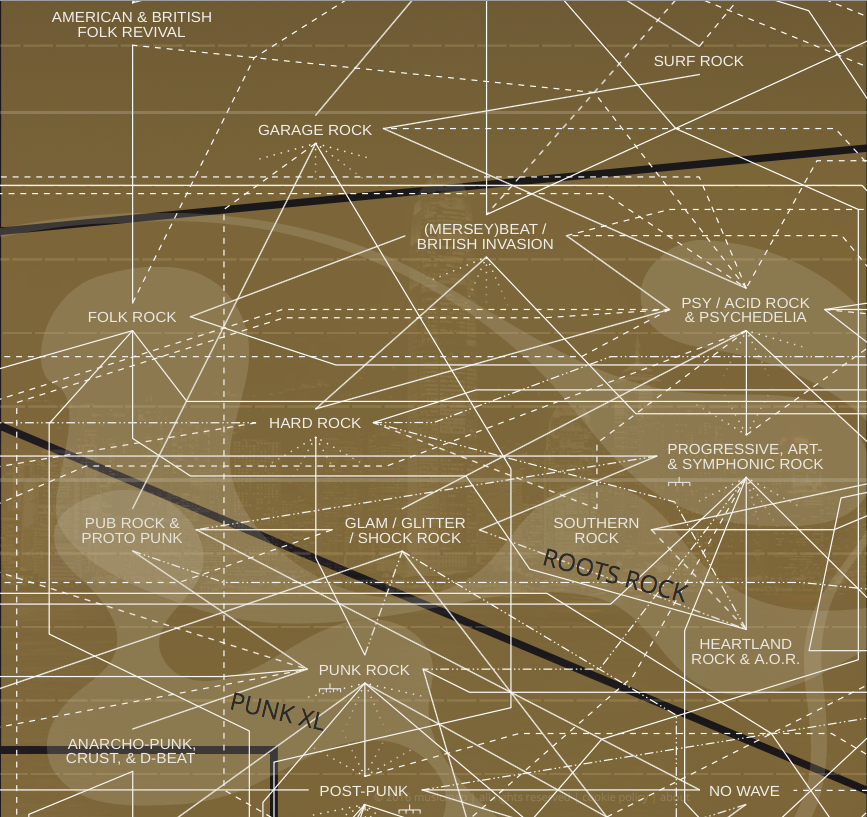Many a mocking critique floats around pointing out that some people who tell their multilingual neighbors to “speak English” seem to have a lot of trouble with the language themselves. I must confess, I find the observation more sad than funny. I’ve met many English speakers who struggle with understanding the peculiarities of the language and do not know its history. Increasingly, such things are not taught to those who don’t devote themselves to language study.
When people do learn how the language evolved, they can be shocked that for much of its history, English was unrecognizable to modern ears. Indeed, the study of Old English—or Anglo-Saxon, the language of Beowulf—satisfies foreign language requirements in many English departments. Originally written in runic before it incorporated the Latin alphabet (and retaining some of those early symbols afterward), this Germanic language slowly became more Latinate, and gave way among the reading classes in Britain to Anglo-Norman, a Germanic-French cousin, for a few centuries after 1066.
That’s the very short version. These strains and more eventually commingled to form Middle English, the language of Chaucer, which also sounds to modern ears like another tongue, though we recognize more of it. In the video above, Medievalist and MIT professor Arthur Bahr gives us demonstrations of both Old and Middle English in readings of Beowulf and Sir Gawain and the Green Knight as part of his 2014 course, “Major Authors: Old English and Beowulf.” (You can still visit the course site, read the syllabus and download course materials.)
Bahr reads the first 20 lines of the ancient epic poem, which begins:
Hwæt. We Gardena in geardagum,
þeodcyninga, þrym gefrunon,
hu ða æþelingas ellen fremedon.
“Besides being the language of Rohan in the novels of Tolkien,” he writes, “Old English is a language of long, cold, and lonely winters; of haunting beauty found in unexpected places; and of unshakable resolve in the face of insurmountable odds.” For all its distance from us, we can still recognize quite a lot in Old English if we listen closely. Much of its vocabulary and inflections survive, unchanged but for pronunciation and spelling, in modern English, including many of the language’s most basic words, like “the,” “in” and “are,” and most common, like “god,” “name,” “me,” “hand,” and even “old.”
After the Viking and Norman invasions, Old English became “the third language in its own country,” notes Luke Mastin at his History of English site. More spoken than written, it “effectively sank to the level of a patois or creole,” with several distinct regional variants. English seemed at one time “in dire peril” of dying out but “showed its resilience once again, and, two hundred years after the Norman Conquest, it was English not French that emerged as the language of England,” though it remained a diffuse collection of dialects. As you’ll hear in Bahr’s Middle English reading, it was also an English entirely transformed by the languages around it, as it would be once again a few hundred years later, when we get to the English of Shakespeare.
via Laughing Squid
Related Content:
Hear Beowulf Read In the Original Old English: How Many Words Do You Recognize?
1,000-Year-Old Manuscript of Beowulf Digitized and Now Online
Seamus Heaney Reads His Exquisite Translation of Beowulf and His Memorable 1995 Nobel Lecture
Hear What Shakespeare Sounded Like in the Original Pronunciation
Josh Jones is a writer and musician based in Durham, NC. Follow him at @jdmagness













